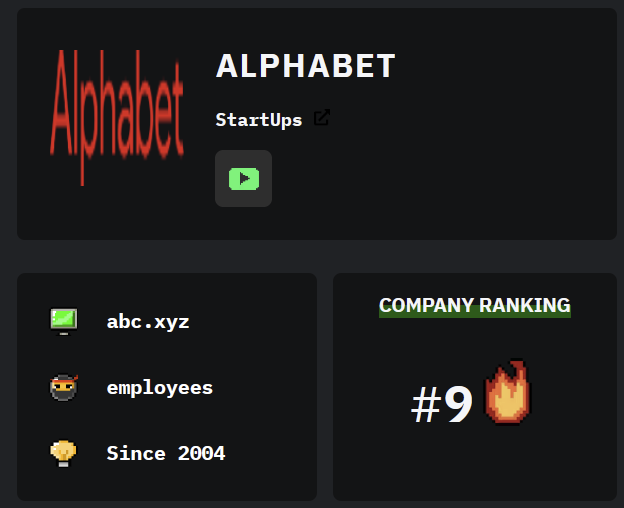Artificial intelligence, artificial intelligence, and more artificial intelligence. That's the best way to sum up
Got something to add to the conversation? Start publishing on HackerNoon today! (It’s free!)
Artificial intelligence in your phone, artificial intelligence in your earphones, and artificial intelligence anywhere and everywhere artificial intelligence can possibly exist, such as your wrist watch. Oh, and did I mention artificial intelligence?
So stuffed was the entire event by the talk of artificial intelligence that I wanted to ask: Google, R U Ok?
First, the company
So you've got the Pixel 9, Pixel 9 Pro, Pixel 9 Pro XL, AND a foldable model called Pixel 9 Pro Fold all running an on-device AI that can supposedly understand text, images and audio. Cool. This is definitely going to be a great innovation and not a way for Google to collect more data on us.
Then, you've got the Pixel Buds Pro 2, which Google
And did someone say smart watch? Google's new Pixel Watch 3 is designed to use machine learning to automatically detect a users' sleep and turn off notifications come bed time. Ok, I'll admit, that sounds pretty useful.
But the AI-enabled features aren't just limited to the company's soon-to-be released hardware. In fact, the company now wants to rebuild Android with Gemini as the core focus in hopes that it could capture a meaningful share of the billions of people whose phones come preinstalled with the operating system.
"We’re infusing AI into everything we do," Google
So, what does that entail? Google says it has rebuilt the assistance experience with Gemini so it can understand users better, and has begun offering the ability to bring up the Gemini overlay on top of an app so people can ask questions in real time.
And if you give Gemini access to your personal files, including your emails, it can even build you a personalized workout routine based on your conversation with a personal trainer, for example. This definitely does not ring any alarm bells for me though, because all your personal information is going to remain safe and private.. with Google, which may or may not use it to sell you stuff.
Anyway, all that's well and good, but why the heavy pivot towards AI this year? Well, for one, the
But it also shows a sense of urgency at the company as it competes on multiple fronts: against
Apple actually has a leg up on Google on AI processors, while Meta seems to be keying in on the idea that users don't need to leave its apps to use generative AI, which is why the Meta AI assistant is so handily available in its apps.
Meanwhile, the impending launch of SearchGPT and the proliferation of Perplexity pose a threat to Google's dominance in Search, requiring that it keeps investing in technology and capabilities that would let it compete against new entrants in the market.
The new phones (Google has a negligible footprint in phone hardware, jbtw.) and the redesigning of Android just might be the first of many serious attempts by the company to collect data that can help finetune its models. Will AI models get better, or will they be corporatized? I'll bet on the latter.
This was your recap of Made by Google.
Google-parent Alphabet ranked #9 this week on HackerNoon's Tech Company Rankings.
In Other News.. 📰
- New Binance CEO Sees No Need for IPO as He Plots 100-Year Strategy for Crypto Exchange — via
CoinDesk - Dropbox acquires Index Ventures-backed AI scheduling tool Reclaim.ai — via
TechCrunch - Elon Musk’s AI photo tool is generating realistic, fake images of Trump, Harris and Biden — via
CNN - Big Tech wants AI to be regulated. Why do they oppose a California AI bill? — via
Reuters - The lame AI meme election — via
Axios - Startup using blockchain to prevent copyright theft by AI is valued over $2 billion after fresh funding — via
CNBC
And that's a wrap! Don't forget to share this newsletter with your family and friends! See y'all next week. PEACE! ☮️
—
*All rankings are current as of Monday. To see how the rankings have changed, please visit HackerNoon's
Tech, What the Heck!? is a once-weekly newsletter written by HackerNoon editors that combine HackerNoon's proprietary data with news-worthy tech stories from around the internet. Humorous and insightful, the newsletter recaps trending events that are shaping the world of tech. Subscribe


